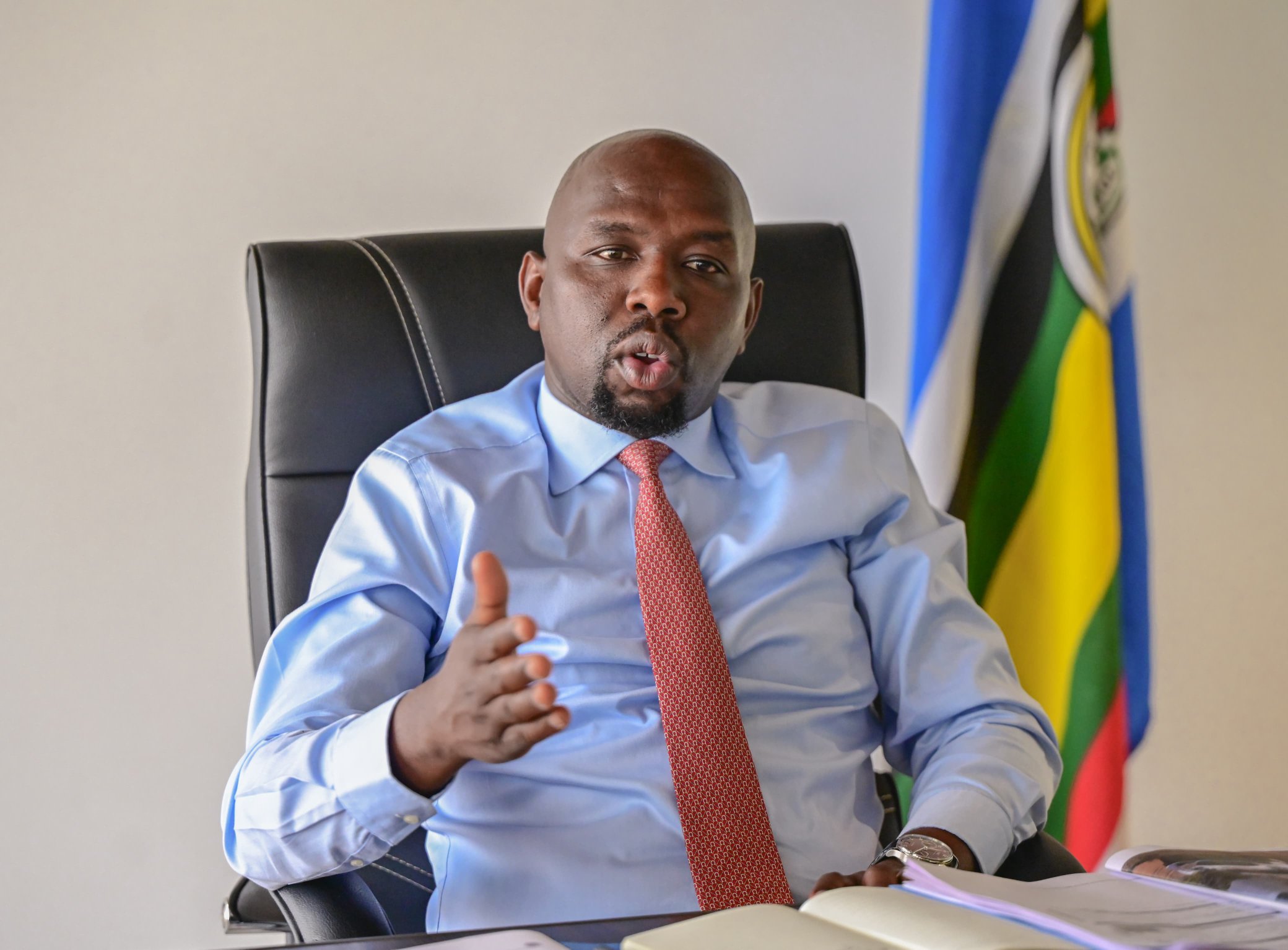Why you should plan for your children’s education

The past few weeks marked the beginning of the academic year with a lot of fanfare and hope for parents and students who joined new schools with new challenges.
Unlike in the past, these days the move comes with a heavy financial burden to parents who have to pay school fees, and also sort other utilities that come with schooling.
Rightly so, this is because parents strive to set their children up for success through quality education, which has been rightly described as a great equaliser for the conditions of men. Education is the bedrock on which a nation lifts millions out of poverty, and powers economic growth while investing in its future.
Over the years, the share of the national budget on education has been increasing as Kenya maintains sustained efforts to ensure quality in the sector. With an allocation of Sh544.4 billion in the 2022/23 budget, the sector acquired the lion’s share of the national Sh3.31 trillion budget.
However, it is not enough to bank on the government. Compared to other countries in the region, education spending per capita is also quite high in a bid to attain quality education. Still, as the World Bank underscores, there remains a challenge: Kenya has huge regional inequalities in education outcomes leading to learning losses.
Therefore, timely access to cash to protect the welfare and future of children should not be a hurdle for any parent. In reality, low and middle-income parents are faced with financial obstacles. This is where private stakeholders can come in to bridge the gap. The immediate need requires the focus to shift optimistically to the importance of the private sector financially assisting such settings built on mutual understanding.
During these tough economic times, to safeguard their children’s future and constitutional right to education, all parents must be on the lookout and plan effectively and seek friendly solutions that won’t strain them financially. There are many loan products from financial institutions, including Aspira’s Soma Education loan, that can help parents walk this journey of building ambitious futures for their children.
Education builds human capital, determines wages, enhances economic output and facilitates the development and adoption of technology in an increasingly competitive world. That is why countries anchored on education are forerunners in driving innovation and technology, trade, advanced healthcare, science, and world influence among other fundamental activities shaping the modern world.
As captured in the World Bank data, an additional year of schooling increases earnings by 10 per cent which is typically more than any other investment an individual could make.
Data shows, the majority of Kenyans earning over Sh100,000 come from a formal employment background that is academically oriented. On the contrary, observations show many wealthier countries need more educational infrastructure to cater to an emerging workforce demographic. Consequently, this compels them to outsource creative ideas, skills and knowledge, postponing local future progression.
Countries which have invested in quality education for years possess a rich bank of researchers, a diversified education system and the talent to navigate a fast and ever-changing world as opposed to those that banks only on natural resources.
Access to proper education is any parent’s greatest desire for their children. It is arguably the ultimate inheritance they can leave behind for them in a highly competitive world with a fierce job market. Discouragingly, though, education can be costly, especially in the developing world.
— The writer is the Chief Operating Officer – Aspira Kenya












